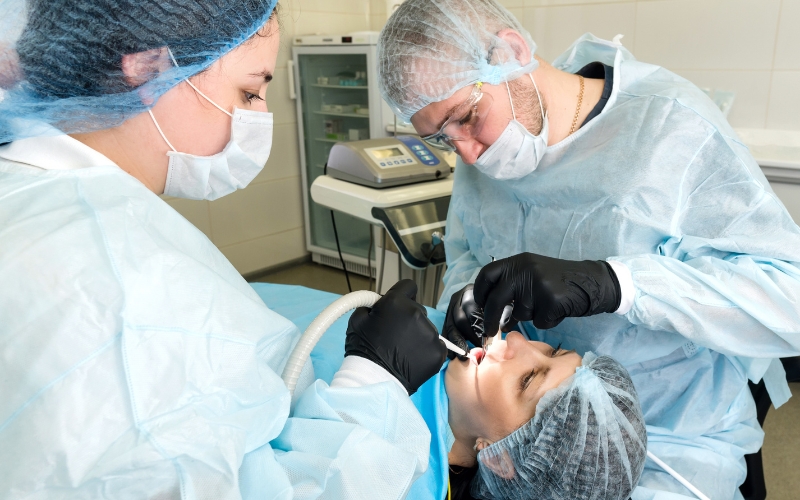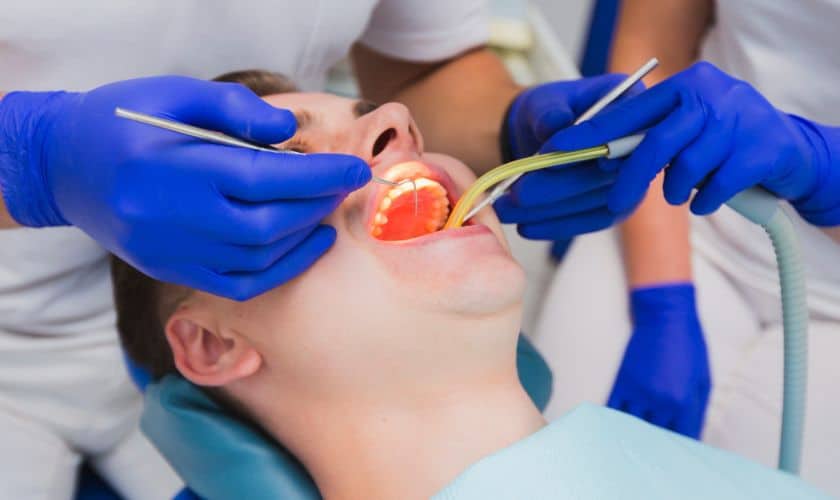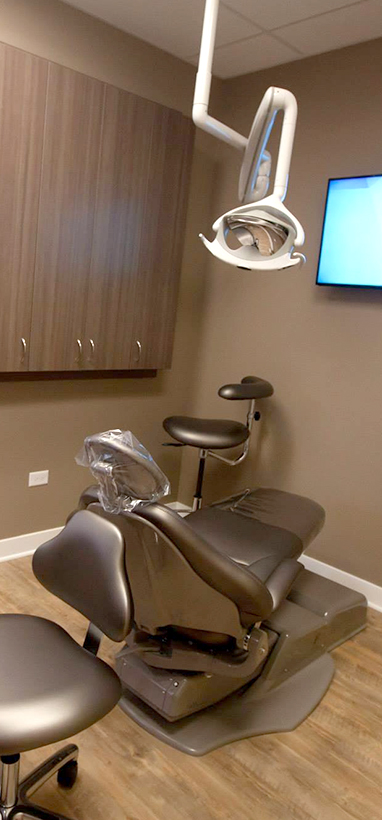1516 Legacy Cir, Naperville, IL 60563
Importance of Oral Surgery: Enhancing Your Oral Health

Oral health is an important part of an individual’s overall health and well-being, yet many people neglect to give it the attention it deserves. Unfortunately, this often leads to serious dental problems that can lead to major medical issues if left untreated. Fortunately, there are options available to help improve your oral health. One such option is oral surgery, which can be used for a variety of purposes, including restoring the shape of teeth, repairing fractured or severely decayed teeth, replacing missing teeth, and correcting jaw alignment problems. In this article, we’ll discuss the importance of oral surgery and how it can help enhance your overall health.
What is Oral Surgery?
There are many different types of oral surgery, but they all have one goal: improving the function and/or appearance of your teeth, gums, and mouth. Oral surgery can be used to treat a wide variety of conditions, from cavities and gum disease to TMJ disorders and cleft lip/palate.
A dentist or oral surgeon usually performs oral surgery, ranging from simple procedures (like tooth extractions) to more complex ones (like bone grafting). The type of procedure you need will depend on the condition being treated. Sometimes, oral surgery may be needed to prepare your mouth for dental implants or other restorative procedures.
Why is Oral Surgery Important?
There are many reasons why oral surgery is important. One of the most important reasons is that it can help improve oral health. Oral surgery can help remove any damaged or decayed teeth, which can help improve your smile’s overall appearance. It can also help to correct any misaligned teeth, which can help to improve your bite and make it easier to chew food. In addition, oral surgery can also help to treat any gum disease that you may have.
Types of Oral Surgery
There are many different types of oral surgery, all of which can significantly impact your oral health. Some of the most common types of oral surgery include:
Dental implants:
Dental implants are used to replace missing teeth. They are surgically placed into the jawbone and act as artificial roots. Once in place, dental implants can be used to support dental crowns, bridges, or dentures.
Tooth extractions:
Tooth extractions are performed when a tooth is too damaged to be saved. The tooth is removed from the socket and the area is then closed with stitches.
Wisdom tooth removal:
Wisdom teeth are often removed because they can become impacted, meaning they grow in at an angle and become stuck against other teeth. Impacted wisdom teeth can cause pain, crowding, and inflammation.
Root canals:
Root canals are performed when the nerve of a tooth becomes infected. The infection is removed, and the nerve is sealed off. This helps to save the tooth from extraction.
Oral surgery can be used to correct a wide variety of issues, both cosmetic and functional. Talk to your dentist or oral surgeon if you have any concerns about your oral health.
Conclusion
Oral surgery is an important part of maintaining your oral health. It can address and treat various dental issues, from severe tooth decay to impacted wisdom teeth. It provides long-term solutions and relief and ensures you have the best possible quality of life by reducing pain and discomfort associated with certain oral health conditions. If you’re looking into ways to improve your overall dental health, considering getting an evaluation for oral surgery is certainly worth exploring!










